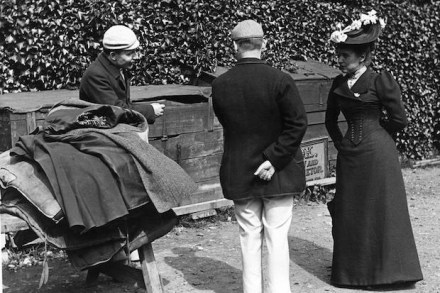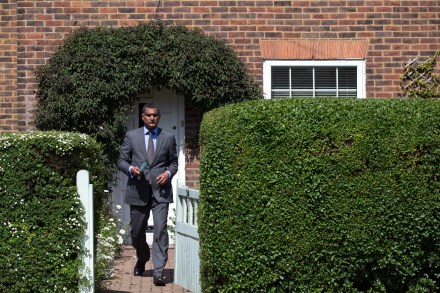The Spectator at war: Sunday best
From ‘Favourite Hours’, The Spectator, 19 June 1915: On a Sunday the Church and the world agree, and declare together that the distinctions between master and servant are merely matters of expediency involving no principle, and those who will not listen to the one can hardly avoid hearing the other. By the by, the persons who airily declare that you “never see any poor people in church” immensely overstate the truth, deceived by the fact that very few people look poor on a Sunday—in the country literally no one. Again, the fact that the majority of people have a good dinner on Sunday is a great safeguard against class bitterness.

















